Peanuts are more than just a tasty snack – they are also packed with nutrients and health benefits. These versatile legumes, botanically classified as Arachis hypogaea, are commonly consumed all over the world in various forms such as peanut butter, peanut oil, roasted peanuts, and peanut flour. In this article, we will delve into the myriad benefits of peanuts, from their nutritional content to their potential health implications. First and foremost, peanuts are an excellent source of plant-based protein, making them a popular choice for vegetarians and vegans looking to meet their protein needs.
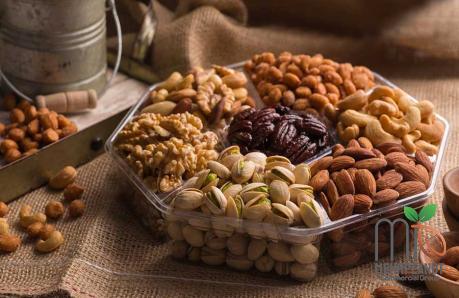
.
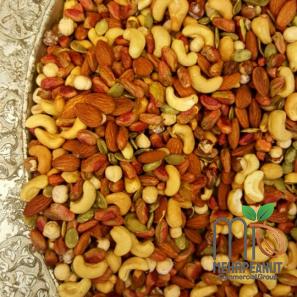 In fact, peanuts contain all nine essential amino acids, making them a complete protein source. Just a handful of peanuts can provide a filling and nutritious snack that helps regulate blood sugar levels and keeps hunger at bay. In addition to protein, peanuts are also rich in healthy fats, particularly monounsaturated and polyunsaturated fats. These fats have been shown to have a positive impact on heart health by reducing LDL cholesterol levels and inflammation in the body. Regular consumption of peanuts as part of a balanced diet may lower the risk of heart disease and stroke. Furthermore, peanuts are an abundant source of various vitamins and minerals that are essential for overall health. They are particularly high in niacin, a B vitamin that plays a crucial role in energy production and DNA repair. Peanuts also contain ample amounts of magnesium, which is important for bone health, muscle function, and nerve signaling.
In fact, peanuts contain all nine essential amino acids, making them a complete protein source. Just a handful of peanuts can provide a filling and nutritious snack that helps regulate blood sugar levels and keeps hunger at bay. In addition to protein, peanuts are also rich in healthy fats, particularly monounsaturated and polyunsaturated fats. These fats have been shown to have a positive impact on heart health by reducing LDL cholesterol levels and inflammation in the body. Regular consumption of peanuts as part of a balanced diet may lower the risk of heart disease and stroke. Furthermore, peanuts are an abundant source of various vitamins and minerals that are essential for overall health. They are particularly high in niacin, a B vitamin that plays a crucial role in energy production and DNA repair. Peanuts also contain ample amounts of magnesium, which is important for bone health, muscle function, and nerve signaling.
..
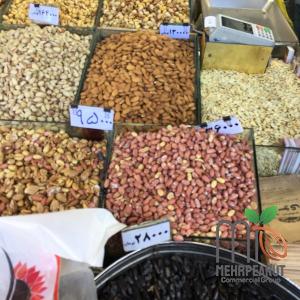 Additionally, peanuts are a good source of antioxidants such as resveratrol, which has been linked to anti-aging and anti-inflammatory effects. One of the most notable benefits of peanuts is their potential to aid in weight management. Despite being calorie-dense, studies have shown that incorporating peanuts into a balanced diet may help with weight loss and weight maintenance. The combination of protein, fiber, and healthy fats in peanuts can promote feelings of fullness and satiety, leading to reduced overall calorie intake. Moreover, peanuts have been associated with a reduced risk of certain chronic diseases, including type 2 diabetes and certain types of cancer. The fiber content in peanuts helps regulate blood sugar levels and improve insulin sensitivity, which is beneficial for individuals with or at risk of diabetes. Additionally, the antioxidants in peanuts have been shown to have anti-cancer properties, protecting cells from damage and reducing the risk of tumor growth. Incorporating peanuts into your diet is easy and delicious. Whether you enjoy them raw, roasted, or as peanut butter, there are countless ways to enjoy the health benefits of these nutrient-dense legumes. Adding peanuts to salads, stir-fries, oatmeal, or baked goods can infuse your meals with extra flavor, texture, and nutrition. It is important to note that while peanuts offer a wide range of health benefits, they are also calorie-dense and should be consumed in moderation, especially for individuals watching their calorie intake. Furthermore, those with nut allergies should exercise caution when consuming peanuts or products containing peanuts to avoid adverse reactions. In conclusion, peanuts are a powerhouse of nutrition, offering a myriad of health benefits ranging from heart health and weight management to disease prevention. By incorporating peanuts into your diet in a responsible way, you can enjoy their delicious taste while reaping the nutritional rewards they have to offer. So, next time you reach for a snack, consider reaching for a handful of peanuts – your body will thank you for it. The versatility of peanuts extends beyond their health benefits and nutritional value. They are a staple ingredient in many culinary traditions worldwide, adding depth of flavor and richness to a wide range of dishes. From traditional Southeast Asian satay sauce to classic American peanut butter and jelly sandwiches, peanuts play a vital role in global cuisines.
Additionally, peanuts are a good source of antioxidants such as resveratrol, which has been linked to anti-aging and anti-inflammatory effects. One of the most notable benefits of peanuts is their potential to aid in weight management. Despite being calorie-dense, studies have shown that incorporating peanuts into a balanced diet may help with weight loss and weight maintenance. The combination of protein, fiber, and healthy fats in peanuts can promote feelings of fullness and satiety, leading to reduced overall calorie intake. Moreover, peanuts have been associated with a reduced risk of certain chronic diseases, including type 2 diabetes and certain types of cancer. The fiber content in peanuts helps regulate blood sugar levels and improve insulin sensitivity, which is beneficial for individuals with or at risk of diabetes. Additionally, the antioxidants in peanuts have been shown to have anti-cancer properties, protecting cells from damage and reducing the risk of tumor growth. Incorporating peanuts into your diet is easy and delicious. Whether you enjoy them raw, roasted, or as peanut butter, there are countless ways to enjoy the health benefits of these nutrient-dense legumes. Adding peanuts to salads, stir-fries, oatmeal, or baked goods can infuse your meals with extra flavor, texture, and nutrition. It is important to note that while peanuts offer a wide range of health benefits, they are also calorie-dense and should be consumed in moderation, especially for individuals watching their calorie intake. Furthermore, those with nut allergies should exercise caution when consuming peanuts or products containing peanuts to avoid adverse reactions. In conclusion, peanuts are a powerhouse of nutrition, offering a myriad of health benefits ranging from heart health and weight management to disease prevention. By incorporating peanuts into your diet in a responsible way, you can enjoy their delicious taste while reaping the nutritional rewards they have to offer. So, next time you reach for a snack, consider reaching for a handful of peanuts – your body will thank you for it. The versatility of peanuts extends beyond their health benefits and nutritional value. They are a staple ingredient in many culinary traditions worldwide, adding depth of flavor and richness to a wide range of dishes. From traditional Southeast Asian satay sauce to classic American peanut butter and jelly sandwiches, peanuts play a vital role in global cuisines.
…
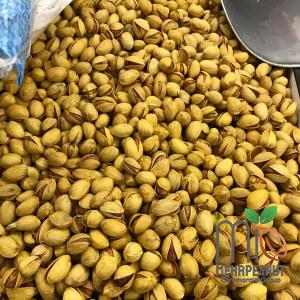 In the realm of desserts, peanuts shine in various confections such as peanut brittle, peanut butter cookies, and peanut butter cups. The creamy texture and nutty flavor of peanuts make them a popular choice for sweet treats that are both satisfying and indulgent. Whether enjoyed on their own or paired with chocolate and caramel, peanuts add a delightful crunch and depth of flavor to any dessert. In savory dishes, peanuts are often used to create rich and flavorful sauces, such as African groundnut stew or Thai peanut sauce for noodles or satay. The combination of peanuts with spices, herbs, and other ingredients results in complex and aromatic flavors that tantalize the taste buds. Peanuts can also be ground into a powder or paste to thicken and flavor soups, stews, and curries, adding a unique depth of flavor to savory dishes. In addition to their culinary uses, peanuts have also found their way into various beauty and skincare products. Peanut oil, extracted from peanuts, is rich in vitamin E and antioxidants, making it a popular ingredient in moisturizers, hair treatments, and massage oils. The emollient properties of peanut oil help hydrate and soften the skin, making it a versatile ingredient in skincare formulations. The benefits of peanuts extend beyond the plate and the bottle – peanuts are also environmentally friendly and sustainable. As legumes, peanuts have the unique ability to fix nitrogen in the soil, reducing the need for synthetic fertilizers and promoting soil health. Peanuts are a water-efficient crop, requiring less water than many other crops, making them an eco-friendly choice for farmers and consumers alike. Furthermore, the cultivation of peanuts can have positive socioeconomic impacts in regions where they are grown. Peanuts are an important cash crop for small-scale farmers in many developing countries, providing a source of income and livelihood security. By supporting sustainable peanut farming practices, consumers can contribute to the economic well-being of farming communities and promote social sustainability. In conclusion, peanuts are a versatile and nutrient-dense food that offers a wide range of health benefits, culinary uses, and environmental advantages. From their protein-packed nutritional profile to their culinary versatility and sustainability, peanuts are a powerhouse ingredient that deserves a place in every pantry. Whether enjoyed as a snack, as part of a meal, or as a beauty product ingredient, peanuts offer a myriad of ways to enhance health, flavor, and sustainability in our lives. So, next time you enjoy a handful of peanuts or a peanut-infused dish, savor not just the taste but also the wealth of benefits that this humble legume has to offer.
In the realm of desserts, peanuts shine in various confections such as peanut brittle, peanut butter cookies, and peanut butter cups. The creamy texture and nutty flavor of peanuts make them a popular choice for sweet treats that are both satisfying and indulgent. Whether enjoyed on their own or paired with chocolate and caramel, peanuts add a delightful crunch and depth of flavor to any dessert. In savory dishes, peanuts are often used to create rich and flavorful sauces, such as African groundnut stew or Thai peanut sauce for noodles or satay. The combination of peanuts with spices, herbs, and other ingredients results in complex and aromatic flavors that tantalize the taste buds. Peanuts can also be ground into a powder or paste to thicken and flavor soups, stews, and curries, adding a unique depth of flavor to savory dishes. In addition to their culinary uses, peanuts have also found their way into various beauty and skincare products. Peanut oil, extracted from peanuts, is rich in vitamin E and antioxidants, making it a popular ingredient in moisturizers, hair treatments, and massage oils. The emollient properties of peanut oil help hydrate and soften the skin, making it a versatile ingredient in skincare formulations. The benefits of peanuts extend beyond the plate and the bottle – peanuts are also environmentally friendly and sustainable. As legumes, peanuts have the unique ability to fix nitrogen in the soil, reducing the need for synthetic fertilizers and promoting soil health. Peanuts are a water-efficient crop, requiring less water than many other crops, making them an eco-friendly choice for farmers and consumers alike. Furthermore, the cultivation of peanuts can have positive socioeconomic impacts in regions where they are grown. Peanuts are an important cash crop for small-scale farmers in many developing countries, providing a source of income and livelihood security. By supporting sustainable peanut farming practices, consumers can contribute to the economic well-being of farming communities and promote social sustainability. In conclusion, peanuts are a versatile and nutrient-dense food that offers a wide range of health benefits, culinary uses, and environmental advantages. From their protein-packed nutritional profile to their culinary versatility and sustainability, peanuts are a powerhouse ingredient that deserves a place in every pantry. Whether enjoyed as a snack, as part of a meal, or as a beauty product ingredient, peanuts offer a myriad of ways to enhance health, flavor, and sustainability in our lives. So, next time you enjoy a handful of peanuts or a peanut-infused dish, savor not just the taste but also the wealth of benefits that this humble legume has to offer.
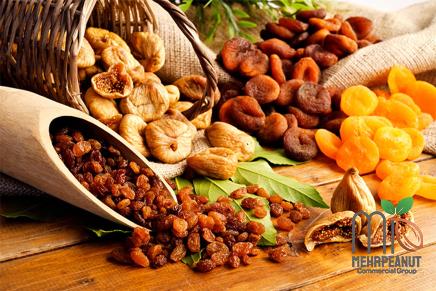
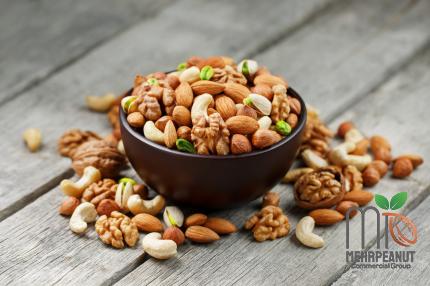
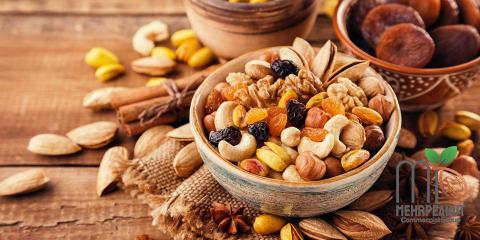
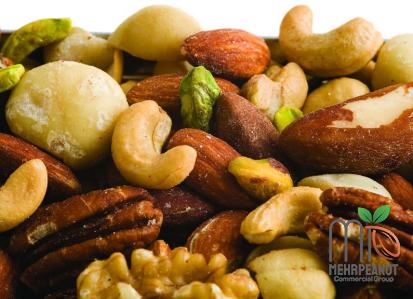
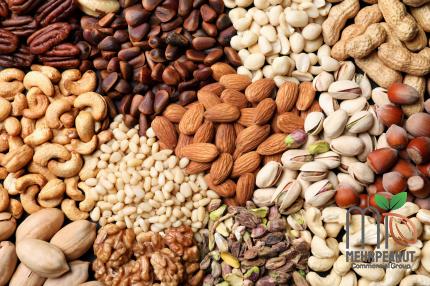
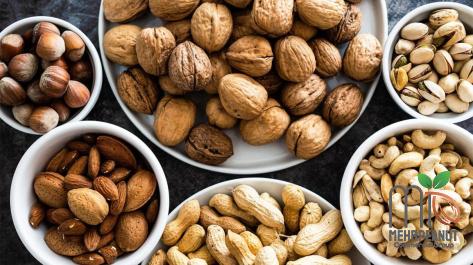
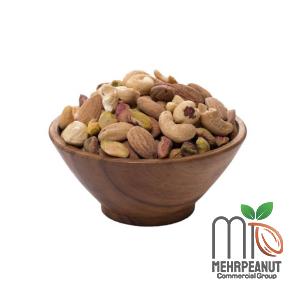
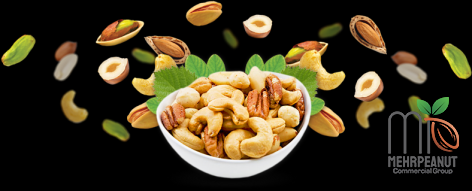
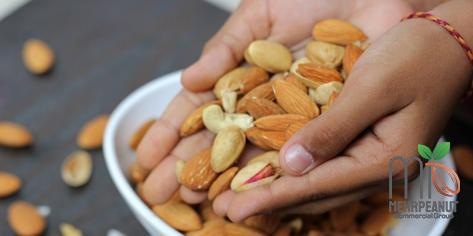
Your comment submitted.